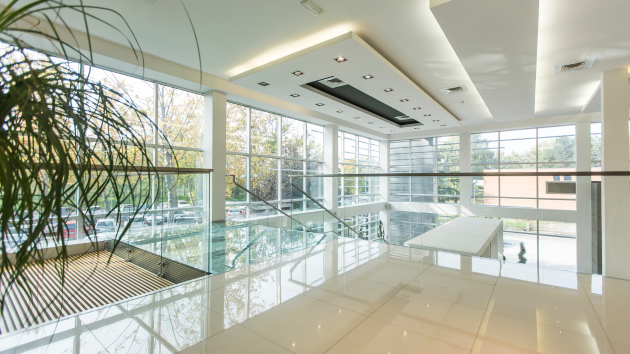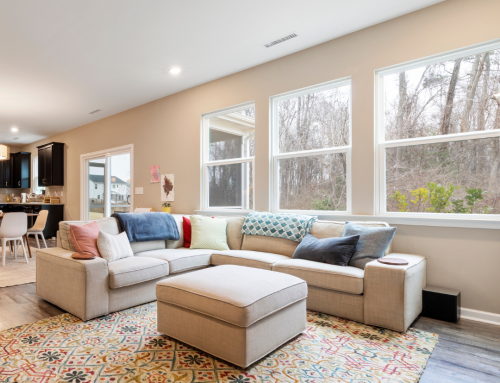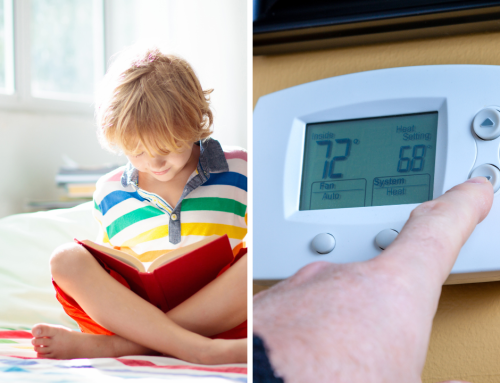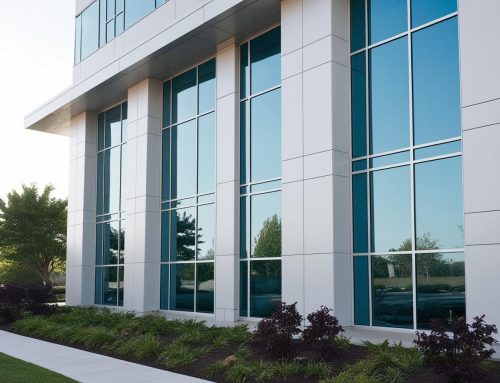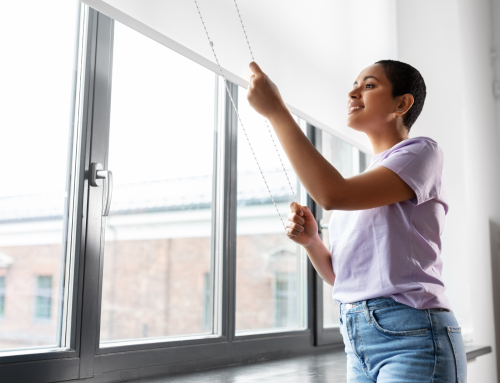As the summer months in Virginia approach, bringing with them high temperatures and intense sunlight, homeowners and office managers begin to look for effective ways to keep indoor environments comfortable and energy-efficient. Window film emerges as a standout solution, offering benefits that extend beyond just heat reduction. This article delves into various tips and ideas for using window film in homes and offices, for Virginia’s unique summer climate.
Understanding Window Film
Window film is a thin laminate that can be applied to the interior or exterior of window and glass surfaces in homes and offices. It serves multiple purposes, including reducing heat and glare, blocking UV rays, enhancing privacy, and even improving the aesthetic appeal of the building.
Benefits of Window Film for Virginia Summers
- Heat Reduction: Window film can significantly decrease the amount of solar heat entering through windows, keeping indoor spaces cooler and reducing the reliance on air conditioning.
- Energy Savings: By maintaining a more consistent indoor temperature, window film helps lower energy costs, particularly during the peak summer months.
- UV Protection: It blocks up to 99% of harmful UV rays, protecting occupants’ skin and preventing fading of furniture, carpets, and artwork.
- Glare Reduction: Reducing glare improves comfort for both home and office environments, making it easier to view screens and perform daily activities.
Tips for Choosing the Right Window Film
1. Consider the Climate: Virginia’s summer climate is characterized by heat and humidity. Opt for window films with high heat rejection properties to maintain comfort.
2. Understand Different Types: There are various types of window films, including solar, decorative, privacy, and security films. Choose based on your primary needs (e.g., heat reduction, aesthetics, or privacy).
3. Look for UV Protection: Ensure the film offers UV protection to safeguard against skin damage and interior fading.
4. Energy Efficiency Ratings: Check for energy efficiency ratings. Films that qualify for the ENERGY STAR rating are generally more effective in keeping homes cooler.
5. Professional Installation vs. DIY: While DIY kits are available, professional installation ensures the film is applied smoothly, correctly and lasts longer. While ot might seem tempting to try it yourself, window tint installation can be tricky to get it right if you’ve never done it before. It might be worth the investment for better results and warranties.

Ideas for Home and Office Window Film Application
- Decorative Films for Privacy and Style: Use decorative films in offices to create private spaces without sacrificing natural light. They come in patterns and textures that can enhance the interior design.
- Solar Films for Living Areas and Workspaces: Apply solar window films in living rooms and office areas where direct sunlight increases temperatures. They reduce heat without significantly affecting the view.
- Security Films for Added Protection: Security films are thicker and can provide an extra layer of protection against break-ins, storms, and accidents, making them a good choice for ground-floor windows or vulnerable areas.
- Exterior vs. Interior Films: Consider exterior films for better heat rejection capabilities, especially in areas where windows are exposed to direct sunlight for most of the day.
Window Film Maintenance and Care
To ensure longevity and maintain effectiveness, clean window films with a soft cloth and a mild detergent solution. Avoid using abrasive tools or cleaners that could scratch or damage the film.
Window film is a versatile, cost-effective solution for combating the summer heat in Virginia while offering additional benefits like UV protection, energy savings, and enhanced privacy. By selecting the right type of film and considering professional installation, homeowners and office managers can significantly improve indoor comfort and reduce energy costs. Whether for aesthetic improvement, sun control, or protection, window films are a smart investment for the summer months and beyond.
Window Film FAQs
– Q: How long does window film last?
– A: Quality window films can last up to 15 years or more, depending on the type of film and conditions of use.
– Q: Can window film be removed?
– A: Yes, window film can be removed and replaced if it becomes damaged or if you wish to change the style.
– Q: Does window film provide privacy at night?
– A: While reflective window film can provide privacy during the day, its effectiveness is reversed at night when interior lights are on. For night-time privacy, consider frosted or decorative films.
By incorporating these tips and ideas, Virginia residents can enjoy a cooler, more comfortable summer while enhancing the functionality and appearance of their homes and offices.


